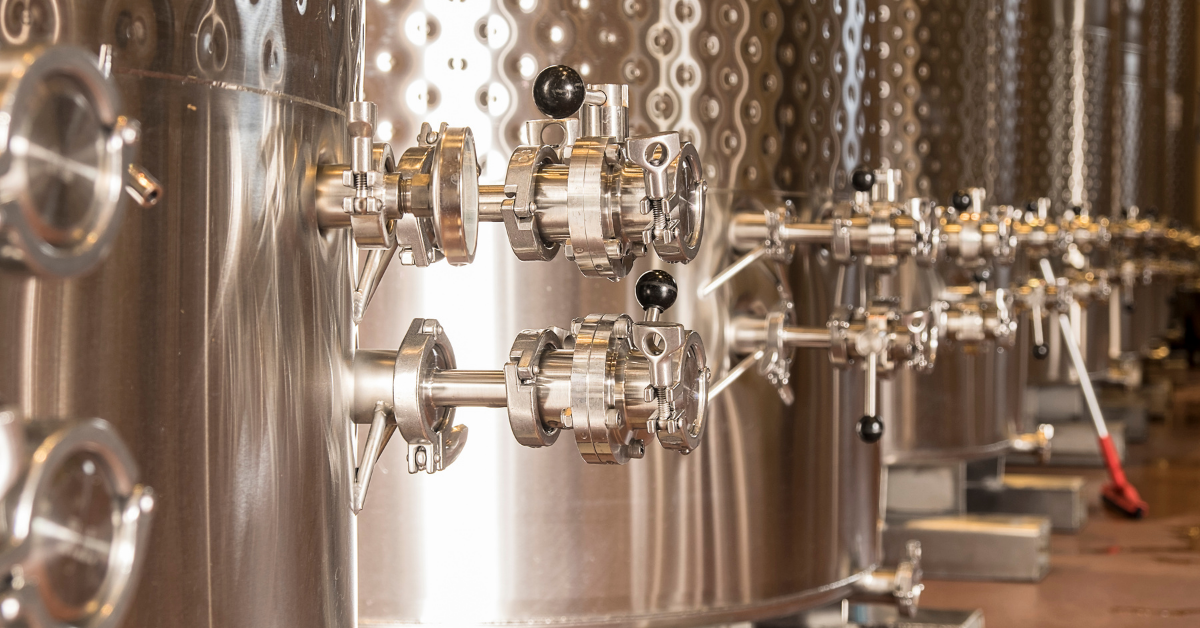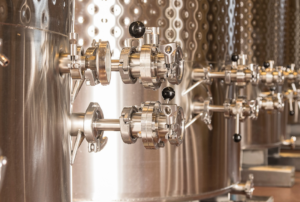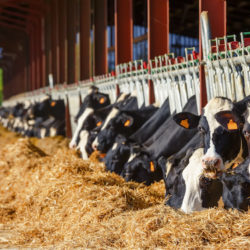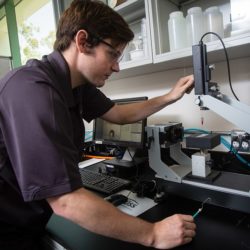
Fermentation is the Future of Food
New technologies and innovative products keep the food industry fresh. In addition, paying attention to and embracing changing industry trends is paramount to every manufacturer’s success. That’s why many companies are embracing the growing trend of using biotechnology, fermentation, enzymes and membrane technology to craft new products, especially in the food ingredients space.
Sanjay Srivatsa, Vice President, Food Ingredients, Life Sciences and Manufacturing at Solecta, Inc., points out “that today’s producers are focusing on the separation of critical nutrients from organic sources that can help boost the quality and variety of prepared foods.”
“The global ingredients industry is trending in this direction,” Srivatsa says. “Many of our food and beverages today contain constituents that have been isolated from natural products that previously were not available as they are today.”
Not surprisingly, these food ingredients require different processes and corresponding separation steps than what has been traditionally used. This is where biotechnology has an increasingly important role in manufacturing new food ingredients.
Fermentation’s Future Role
Within the food ingredients markets, increasing attention is being paid to the role that fermentation can play in the future of food. Fermentation, which has been around for thousands of years, has been used to produce everything from beer and yogurt to generating natural products that are not readily available in nature, such as amino acids, enzymes and natural brilliant blue food colors.
Some consider fermentation the next frontier for alternative proteins as companies race to innovate whole-muscle products using whole-biomass fermentation and dairy-free casein and whey proteins through precision fermentation. These biotechnology advances allow companies to create more environmentally sustainable and less resource-intensive products than those that currently come from industrial animal agriculture, an important consideration as the industry strives to feed a growing global population.
Fueling the Next Generation of Sustainable Processes
So how are membranes being used to fuel the next generation of sustainable processes within the food and consumer product goods industries?
The production of sweeteners, amino acids and enzymes are just a few applications where membranes are being leveraged in the food and beverage industry today. Due to their highly selective nature, low operating temperatures and precision separation capabilities, membranes provide a differentiated and improved approach compared to traditional separation processes, which can be more energy and water intensive and often are done at higher temperatures. Membrane separations also offer a unique opportunity to increase purity and yield while reducing waste water and energy consumption. Enzymes, for example, which is considered the nanoengineers of food production, can be found in nature or produced through fermentation. Using membrane separation technology following the fermentation step allows manufacturers to separate broth constituents based on the molecular size – thus obtaining a “purer” enzyme that will have a higher rate of enzymatic efficiency.
With advances in science and membrane technology, historical technical challenges such as low flux, fouling, and microbial contaminants that once held back food ingredient manufacturers, are now the innovation springboards to create a sustainable food ecosystem fueled by biotechnology and next-generation membrane separation solutions.
“We believe that membrane technology is ideally suited to enable the rapidly expanding food ingredients markets,” says Srivatsa, “providing both a route to purer products and addressing the increasing desire for optimization of water and energy usage.”
Related Resources in the Knowledge Hub
Let’s Keep in Touch
Follow Solecta on LinkedIn and join our mailing list to keep up with our latest news.
Explore the Possibilities
Our team of application engineers and domain experts understands your industry’s unique challenges. (They’re also eager to solve them.)






